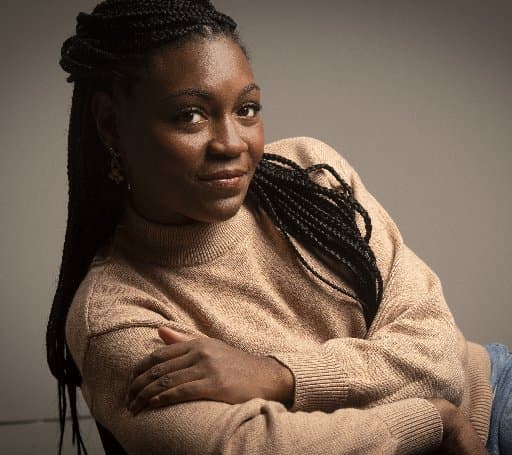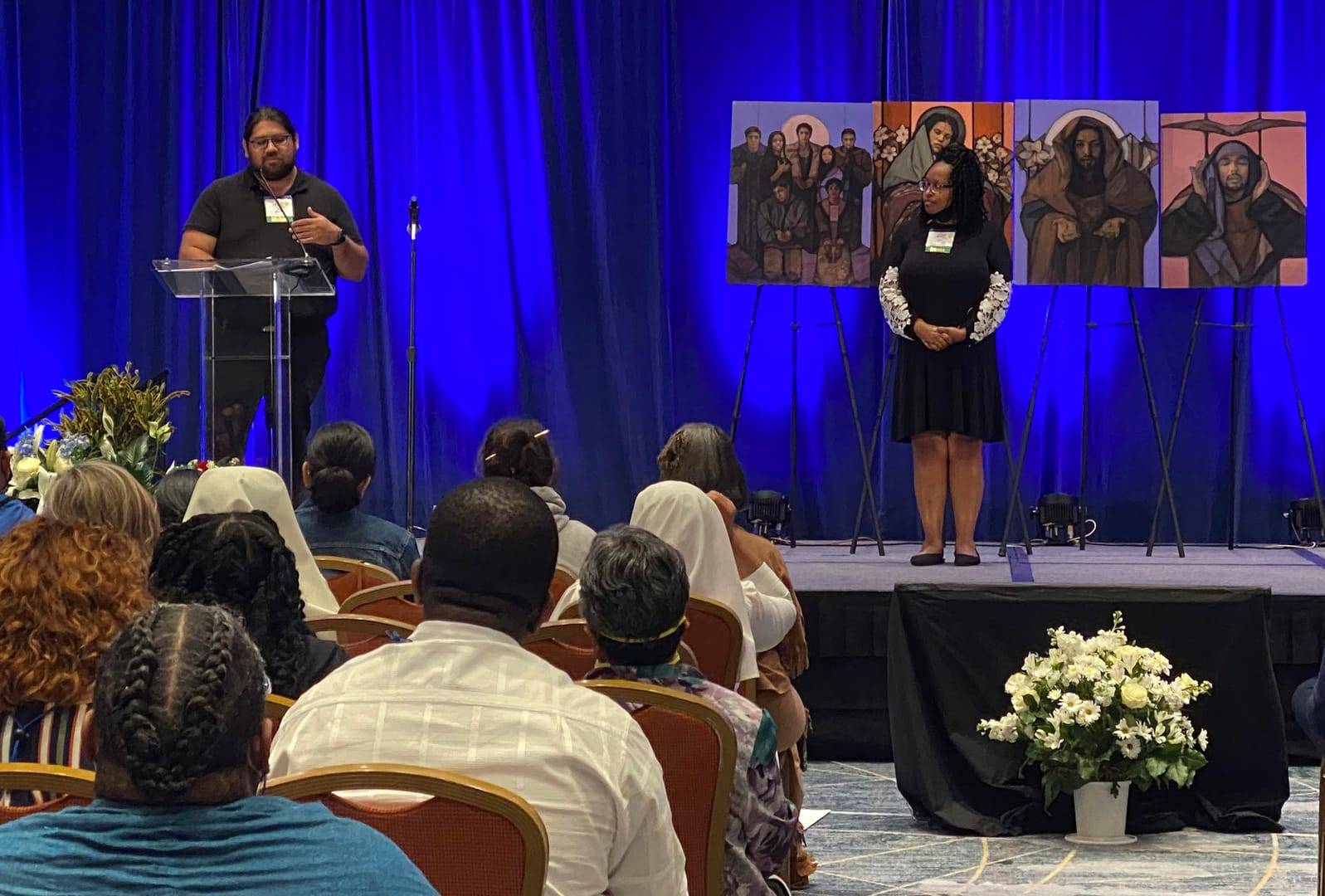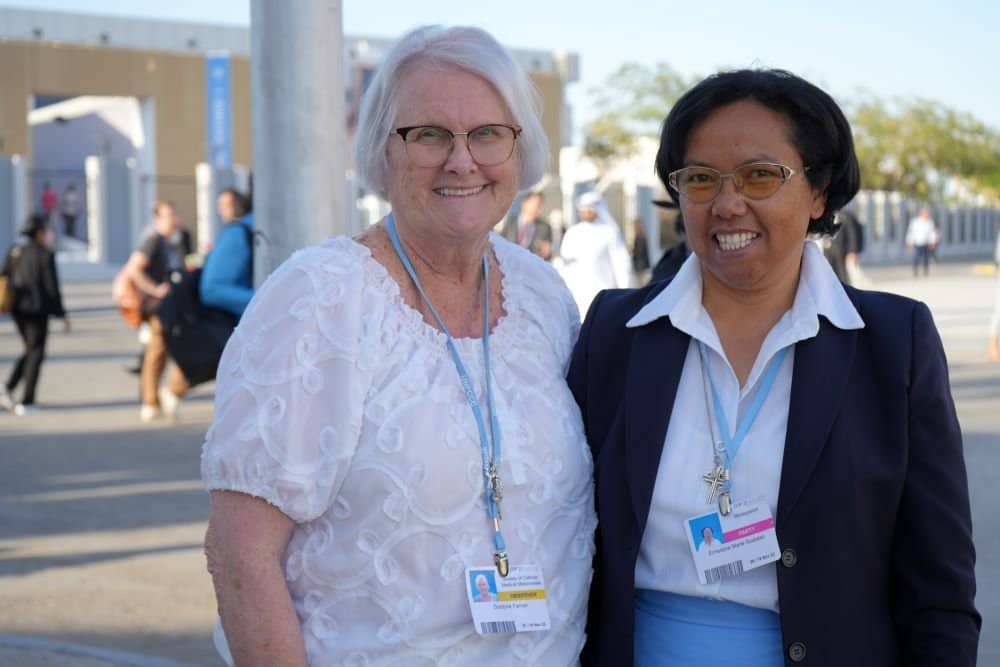WASHINGTON, D.C. — “There is something unmistakably off in the way we’ve been going about sex and dating.”
So states Christine Emba, columnist for The Washington Post, in the introduction of her new book, “Rethinking Sex: A Provocation.”
The book paints a dismal picture of modern sexual culture. “Narratives around sex seem deeply confused,” Emba writes. Stories abound of people having sex they don’t really want or fully agree with, people experiencing the kind of sex that “saps the spirit and makes us feel less human,” or encounters that are “unwanted, depressing, even traumatic.”
Emba asks readers to reconsider assumptions beneath the mainstream culture’s approach to sex, such as “sex is a purely physical act,” “the absence of rules will make me happier,” “my sex life is nobody’s business” and “women and men are basically the same.”
Raised in an evangelical family, Emba joined the Catholic Church while in college. She told Catholic News Service that writing the book became personal in an unexpected way.
“As I tried to think about the moral and ethical ramification of the question, because it really is a question of how do you live your life, how can you be good, what does good look like, I was obviously forced to look at my own life and interrogate my own choices through that lens. You can’t point a finger at someone else without the rest of your fingers pointing back at you,” she said.
Emba acknowledged that some of the points she makes in her book might seem or be obvious to a Christian audience but explained that she was writing for as many people possible, including those who have not had space to discuss the topic.
One such point is that men and women are different, despite the mainstream view that “women and men are basically interchangeable and approach sex, love and desire in the same way (or ought to, anyway),” Emba states in book.
She argues that the biological pressures and the socialization are different for women and men. Women are fertile for fewer years than men, and women, not men, get pregnant. Additionally, “in our society, women are conditioned to take responsibility for the feelings of others, especially for men’s,” Emba writes.
“It has felt at times that there has been pressure for equality between men and women to mean that men and women should just be the same and go about life the same” but that’s not necessarily true, Emba told CNS.
“Equality, real equality would mean acknowledging differences that exist, respecting them and still valuing both men and women equally despite their differences and that would include making space for those differences to be respected and addressed,” Emba said.
“Rethinking Sex” also calls attention to how sexual violence is becoming more common. Emba cites researcher Debby Herbenick, who found that 21% of women and 11% of men had been choked during sex. Even more alarming, among 18- to 29-year-olds overall the number increases to 40%.
“Pornography has played a special role in turning what used to be obvious no’s into normals,” Emba writes.
“The first age of seeing pornography is actually under the age of 10 and usually accidentally,” Emba told CNS. “If you see that and then you begin to believe that’s what sex is or that’s what sex normally looks like and those are the behaviors that you should act out, you can get to a really dark place pretty quickly.”
The antidote would be to have conversations earlier about what sex is, how you treat others and what is acceptable, Emba said. Monitor your children and be willing to say that pornography is wrong, she added.
In the eighth chapter of her book, Emba proposes a new sexual ethic based on St. Thomas Aquinas’ definition of love: “willing the good of the other.” Aquinas, Emba writes, borrowed the definition from the philosopher Aristotle, whose understanding of love was an intention: “to bear goodwill toward another for the sake of that person and not oneself.”
“Willing the good means caring enough about another person to consider how your actions (and consequences thereof) might affect them — and choosing not to act if the outcome for the other person would be negative,” she writes.
“What people really say they want from relationships, they want care, they want empathy and someone thinking about them, that connection and that leads naturally to this definition of love,” Emba told CNS.
The post-#metoo era may be the moment for the culture to accept a new sexual ethic. “People are beginning to think harder about what the sexual culture looks like and are slightly more willing to acknowledge that there are problems and are open to discussing what a solution would be,” Emba said.
While much in the book is discouraging, Emba said she finds hope “in that people are acknowledging the bleak landscape and are beginning to talk about it.”
“I talk to people who are more willing to back off from their past behavior from this landscape and trying to think of something better or do something better even if they’re not sure of what.” Emba also said she speaks to individuals who are embracing “the pause,” a term from the last chapter of the book that proposes less, not more casual sex.
“If anything, more restraint might give us more freedom to seek and offer love,” Emba writes.















